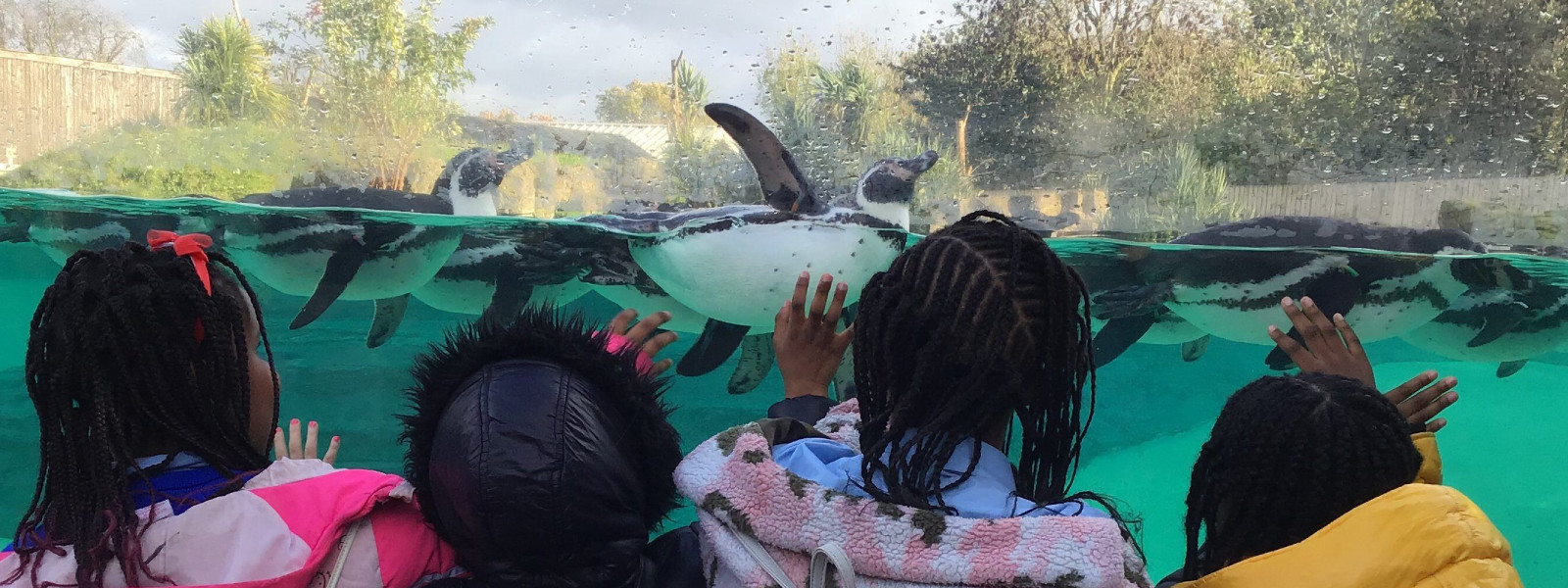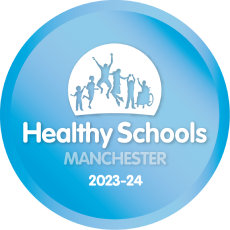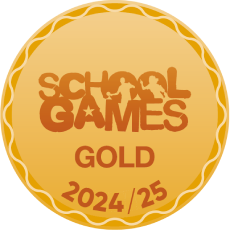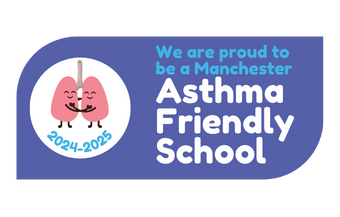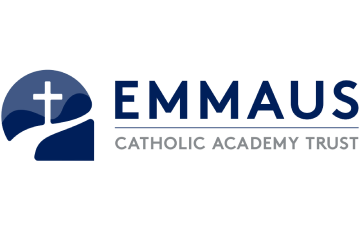Science
“The most important thing is to never stop questioning.” Einstein
Science Intent, Implementation, and Impact Statement for St Dunstan’s RC Primary School:
Intent
At St Dunstan’s, we understand that a science education is an entitlement for all of our pupils. we believe that Science education is fundamental to nurturing curious and critical thinkers who can engage with the world around them. Our intent is to provide a high-quality Science curriculum that inspires a love for discovery and equips pupils with the knowledge and skills required to understand and apply scientific concepts in a rapidly evolving world.
We aim to:
- Deliver a coherent and progressive Science curriculum, aligned with the National Curriculum, that ensures all pupils achieve the expected outcomes and are prepared for future learning. Our curriculum strives to enable children to develop both substantive knowledge (concepts, models, laws, theories) through the teaching of the fundamental areas of biology, chemistry and physics and disciplinary knowledge (working scientifically).
- Promote scientific inquiry and exploration by embedding practical experiences and hands-on learning. This includes regular opportunities for pupils to engage in experiments, investigations, and problem-solving activities that foster their natural curiosity.
- Encourage pupils to develop resilience and confidence in their scientific abilities. We aim to cultivate a classroom environment that values questions, encourages risk-taking, and celebrates scientific endeavour.
- Instil an understanding of the relevance of Science in everyday life by connecting topics to real-world applications and contemporary issues such as sustainability, health, and technology.
Implementation
Our implementation of the Science curriculum is characterised by rigorous planning, a range of teaching strategies, and a commitment to professional development among staff.
- Curriculum Design: Our Science curriculum is carefully sequenced to build on prior knowledge and skills. Each unit includes clear learning objectives, success criteria, and assessments that enable teachers to track progress.
Our well sequenced curriculum allows children to build progressively on their scientific skills and knowledge whilst seeking to consolidate knowledge through discussion, cross curricular links and problem solving. Yearly endpoints are used to allow teachers to build upon prior learning. Progression documents show where to introduce important vocabulary, identify key areas of new learning and to offer suggestions for ways in which teachers might broaden children’s disciplinary knowledge with a balance of different forms of enquiry within the context of their substantive knowledge. New knowledge is broken down into meaningful components and introduced sequentially, which helps to support all pupils to learn scientific concepts. This includes those with special educational needs and/or disabilities.
- Pedagogy: We employ diverse teaching methods to cater to different learning styles. This includes direct instruction, collaborative group work, outdoor learning, investigative projects and extra-curricular opportunities that enable pupils to actively participate in their learning.
- Assessment and Feedback: We implement formative and summative assessments to evaluate pupil understanding and progress. Feedback is given promptly and constructively, enabling pupils to recognise their strengths and areas for development. We also encourage self-assessment and peer assessment as pupils move through the school to foster reflective learning. Use of Scientific end-points enables staff to carefully plan regular retrieval opportunities to ensure pupils understand key concepts and can link these together.
Impact
The impact of our Science curriculum is evidenced through a range of measures, reflecting our commitment to high standards and continuous improvement. Through pupil voice, it is clear that pupils show increasing confidence in their scientific abilities and display a passion for learning. Pupils express curiosity about scientific phenomena and demonstrate a willingness to explore and experiment. Through investment in Scientific equipment, and following reflection on the EEF’s Improving Primary Science report, more opportunities have been provided for children to apply disciplinary knowledge in a range of ways. In line with our school values, pupils learn to work collaboratively, respect differing viewpoints, and understand the importance of Science in addressing global challenges.
In summary, our Science curriculum at St Dunstan’s is committed to fostering inquisitive, knowledgeable, and responsible pupils who are prepared to contribute positively to society.
.
 St Dunstan's School
St Dunstan's School


